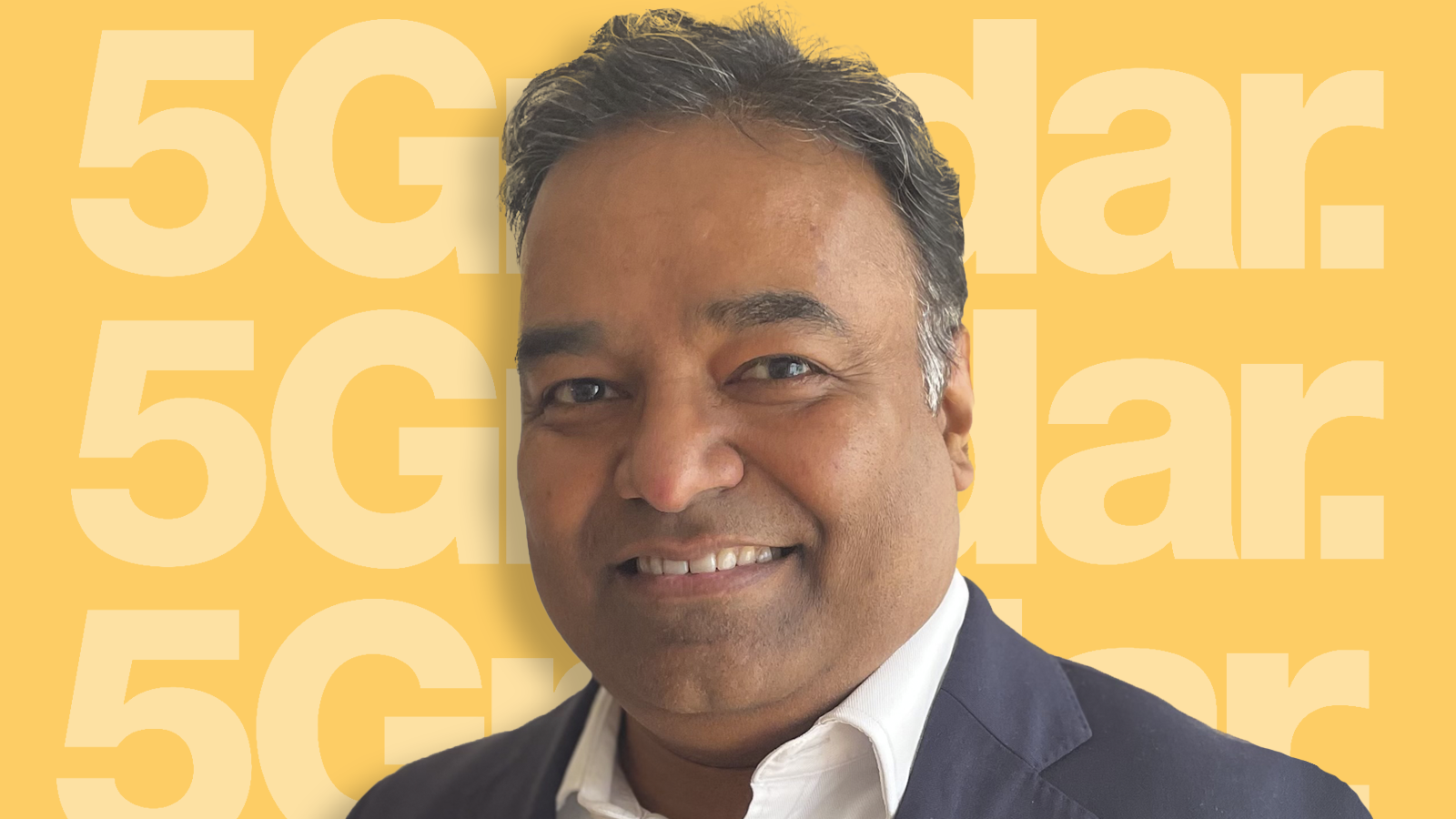The 5G revolution: pushing the boundaries of connectivity
Bhushan Patil, SVP EMEA at Tech Mahindra, looks at the advent of 5G and its potential to revolutionise every aspect of society.

Get up to speed with 5G, and discover the latest deals, news, and insight!
You are now subscribed
Your newsletter sign-up was successful
The past year has transformed the way we live and do business, leaving many of us more reliant on technology than ever before. For businesses, COVID-19 has acted like an incubator, pushing them to accelerate digital transformation to improve operations, and heightening interest in the demand for emerging technologies like 5G.
As we look ahead, the roll out of 5G networks across the globe is set to transform every aspect of society. It promises to significantly upgrade our technology toolkit, improving business operations and providing solutions that will create a more inclusive, connected and sustainable world.
The power of 5G
"McKinsey predicts that businesses have accelerated the digitisation of their customer and supply chain interactions by four years since the pandemic."
Bhushan Patil, Tech Mahindra.
We are already seeing businesses across a range of sectors make moves to improve the effectiveness of their global supply chains, and new technologies, notably 5G, can play a big role in driving efficiencies at every level. McKinsey predicts that businesses have accelerated the digitisation of their customer and supply chain interactions by four years since the pandemic. But how do 5G networks facilitate this transformation and what are the benefits of its adoption across industries?
Take healthcare as an example. While the COVID-19 pandemic demonstrated the resilience of the NHS, it also exposed inefficiencies and highlighted the need for urgent digitisation in areas like remote and real-time patient care. Over the course of the past year, we have seen investment in 5G use cases for the healthcare industry accelerate and this shows no signs of slowing down. For example, the UK government announced late last year that it has already invested in real-life use cases, such as the £3.2 million funding received by Edinburgh Napier University to leverage 5G to develop hearing aids.
The application of 5G to existing healthcare systems has the potential to connect millions of patients with access to medical supplies and virtual treatment, particularly in rural communities. Its ability to disrupt physical and virtual barriers, irrespective of location, will transform the health sector by expanding its reach and improving both the quality and effectiveness of care.
5G will also prove transformative in the manufacturing sector with the development of smart factories that utilise innovations like predictive technology and large scale sensors. Ericsson predicts that manufacturing is one of the most significant sectors for new revenue potential using 5G. The heightened visibility, pace of production and efficiency offered by 5G are key factors that will contribute to driving higher productivity levels in manufacturing, unlocking a potential value of $740bn by 2030.
Combating climate change
5G can also help combat climate change, an issue which has been high on the news agenda in recent years. While there have been concerns around 5G’s energy consumption, its solutions have a calculated potential to reduce global greenhouse gas emissions by up to 15% due to a reduction in resource usage and an overall improvement in efficiency.
Get up to speed with 5G, and discover the latest deals, news, and insight!
As a digital transformation leader, we at Tech Mahindra see first hand the impact that emerging technologies can have in reducing carbon emissions and improving business performance. We live in an era where there is a multigenerational understanding of climate change, and consumers are increasingly showing that they want the companies they use to take a stand on sustainable issues.
Latana’s “Sustainability Perception Index 2020” reveals that sustainability has been a priority for many consumers in the years leading up to the pandemic, with 61 percent saying it will become an even more important factor to them after Covid-19. It’s clear that sustainability is no longer just a ‘nice to have’ for businesses; the organisations that succeed in the years to come will be those that embed sustainability into the very core of their operations.
"Across almost every industry, 5G has the potential to reduce carbon emissions and build more environmentally friendly business models."
Bhushan Patil, Tech Mahindra.
Across almost every industry, 5G has the potential to reduce carbon emissions and build more environmentally friendly business models. An O2 report, A Greener Connected Future, found that the application of 5G in healthcare could lead to a 20% reduction in hospital admissions, resulting in an overall reduction of carbon emissions and resources. And in manufacturing, the adoption of 5G has the potential to reduce resource usage and improve overall efficiency while saving 40 megatonnes of carbon emissions by 2035.
A connected future
5G networks will be key in facilitating digital transformations across all sectors. Its ultrafast connectivity, low-latency and ultra-reliability offers businesses the ability to improve performance, transform their operations and reduce carbon emissions.
As we look into the future, there can be no doubting that 5G will be at the centre of a digitally connected world. It will truly revolutionise business operations for the better.
Bhushan Patil, is SVP EMEA at Tech Mahindra. Having spent nearly 3 decades in B2B Consultative Sales & Sales Management, Patil is now responsible for digital revenue growth – with focus on Cloud, Data Analytics, Security, AI and Intelligent Networks/5G – across EMEA. Prior to this, Patil worked with CXOs of leading providers like Vodafone and Telefonica.

